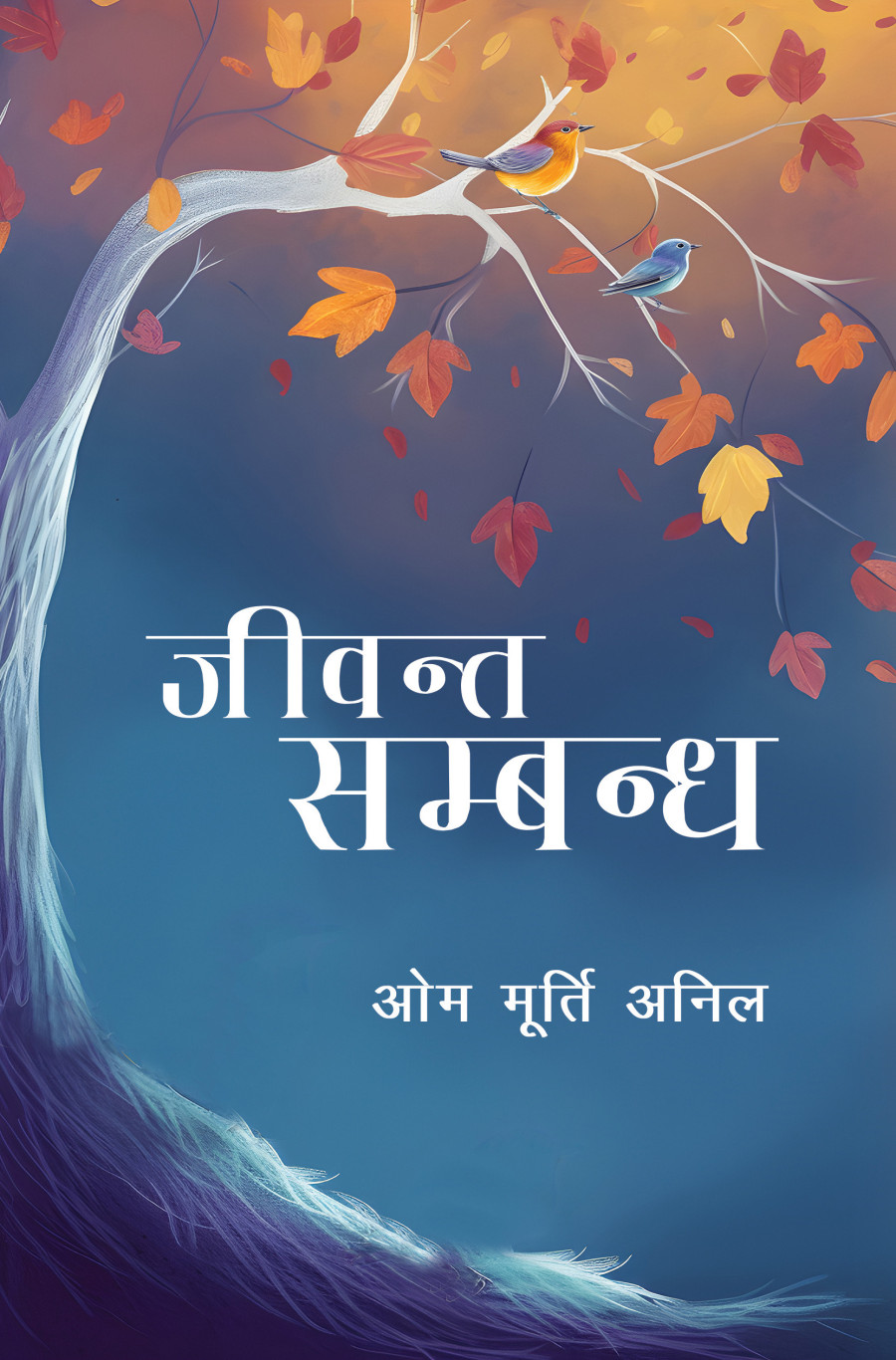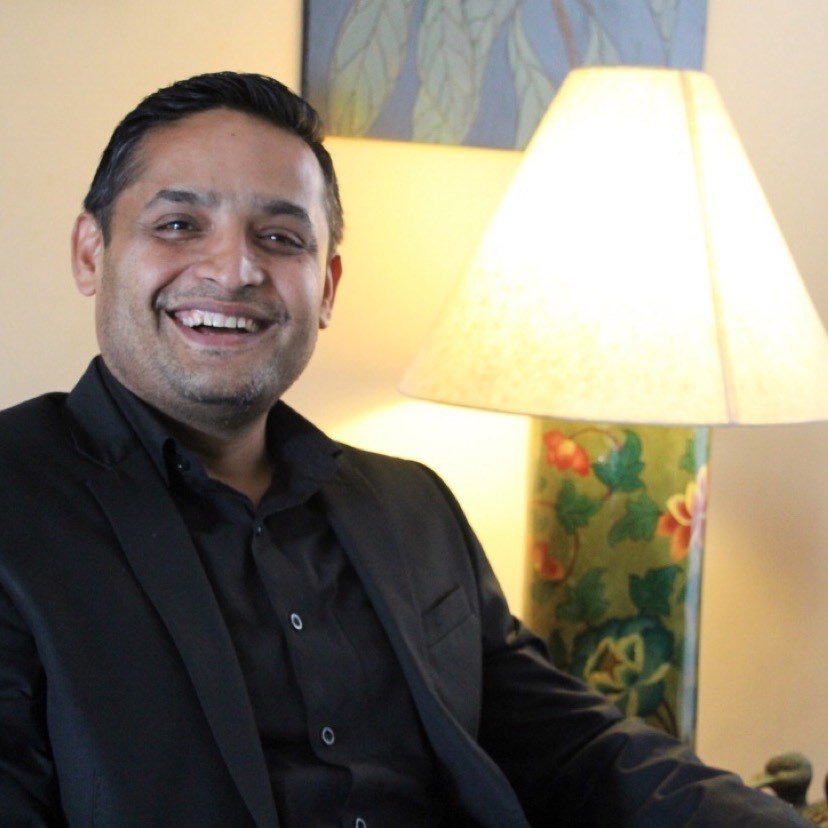Books
Nurturing relationships in a changing world
Dr Om Murti Anil journeys through shared vulnerabilities of humans and the transformative power of empathy in his new book ‘Jiwant Sambandh’.
Sumit Sharma Sameer
I want to begin by acknowledging the challenge of reviewing the work of someone you know. I’ve known Dr Om Murti Anil for the past two decades since he started his career in a small clinic in Kathmandu. My father was his patient, and we’ve stayed in touch. I’ve seen his professional growth and success due to his expertise and humility. His goal has always been to support society. I’m pleased he released his book, ‘Jiwant Sambandh’, emphasising the importance of relationships. This book is timely, addressing the loss of deep connections in Nepali society. With 53 chapters and 240 pages, it takes us on a heartfelt journey.
In ‘Jiwant Sambandh’, Dr Anil explores the complex aspects of life, like family bonds, regret, and enduring love. Chapters like ‘The Defeated Doctor’, ‘Tears of the Heart’, and ‘Beyond Medicine’ reflect our shared human emotions. Dr Anil blurs the lines between life and death and science and spirituality. He discusses the cosmic plan that shapes our lives in ‘Conversations of Astrology’, reminding us of our shared stardust origins.
In ‘Tears and Affection’, he invites readers to witness the catharsis of a heart laid bare, reminding us of our shared vulnerability and strength. ‘When One Becomes a Patient’ explores mortality, revealing the empathy born from shared experiences. ‘Small Joys’ illuminates the beauty in life’s simplicity.
‘Jiwant Sambandh’ transcends the temporal and the tangible, delving into our emotional reservoirs. Through the lens of relationships, we glimpse into the essence of our purpose, finding that the true measure of life lies not in its duration but in the depth of its connections.
It is in ‘The Defeated Doctor’ that Dr Anil lays bare the vulnerabilities of the healer. Through the lens of his own experiences, he implores us to recognise the frailty that lies beneath the veneer of expertise. In those moments of defeat, where the limits of science meet the boundless expanse of the human condition, he discovers a wellspring of humility that enriches his practice.
In ‘Tears of the Heart’, he explores the deep sadness we all feel. He shows us that tears are more than just drops of water; they're expressions of love and memory. This chapter reveals how pain, while tough, can bring people closer together, even as it hurts inside.
‘Beyond Medicine’ urges us to move beyond clinical boundaries, recognising that healing isn’t confined to the realm of pharmaceuticals and procedures. Dr Anil reveals that medicine is a blend of science and spirit, found in moments of compassion, not just heartbeats.
‘Tears and Affection’ reveals the vulnerabilities of beauty. In the crucible of tears, Dr Anil asks us to shed the armour of stoicism and embrace our emotional selves. The chapter speaks to the universal truth that we discover our greatest strength in our most fragile moments.
In the chapter, ‘When One Becomes a Patient’, Dr Anil reflects on mortality. He shares insights from the perspective of a patient, revealing the vulnerability and surrender that come with illness. These moments, where the healer experiences being healed, teach the deep truth that real empathy arises from shared experiences.
‘Small Joys’ reveals life’s bliss in simple acts: a smile, a quiet moment. Dr Anil explains how in these gestures lie profound treasures often overlooked.
When one finishes reading ‘Jiwant Sambandh’, the words written by Dr Anil stay with us as a reminder of the strength of human connection and how it unites us all.
In chapters like ‘Good Parenting’, ‘Inactivity’, and ‘Praise Doesn’t Spoil Children’, Dr Anil navigates the intricate pathways of parent-child connections in a changing world. He believes in rebuilding these vital links with compassion, fostering emotions that bind families and society.
These chapters are a good guide for parents, showing ways we can nurture empathetic children. ‘Transmission of Culture’ and ‘Home: Human’s First School’ stress passing values, ensuring our cultural legacy continues.
‘Grandparents’ Influence and its Effect’ stresses the importance of intergenerational relationships in shaping a child’s worldview. Dr Anil emphasises the importance of tapping into the wisdom of our elders and acknowledging their invaluable contributions to the upbringing of the younger generation.
Similarly, ‘Father’s Interest in Health’ and ‘Family Atmosphere’ provide insight into the role of fathers and the overall familial environment in children’s emotional well-being. The writer encourages fathers to engage in their children’s lives actively, which aids in their holistic development.
The ever-present ‘Generation Gap’ is dissected in a manner that bridges the divide between different eras. Dr Anil urges parents to navigate this gap with patience and understanding, recognising that it is within their power to foster harmony within the family unit.
In ‘Handover of the Seed’, Dr Anil mentions how it is the parents’ responsibility to instil the right values and principles in their children. This chapter serves as a reminder that the seeds we plant today will grow into the trees of tomorrow.
In a similar vein, ‘The Right Imprint in Success’ explores the delicate balance between ambition and character. Dr Anil advocates inculcating selfless values in our children to ensure their success is not just measured by external achievements but by their character.
‘Selfless Advice’ calls for nurturing emotional strength and strengthening children’s connection to both their parents and society.
The book helps readers understand parent-child bonds and how to nurture them. Dr Anil shows us how these connections shape generations, enriching families, communities, and nations.
In today’s world full of distractions, ‘Jiwant Sambandh’ offers hope and Dr Anil’s words encourage parents to embrace their roles with love, empathy, and wisdom. He aptly describes parenthood as a journey of rediscovering and strengthening connections, guiding us to build a better future based on the deep bonds that unite us all.
Jiwant Sambandh
Author: Dr Om Murti Anil
Year: 2023
Publisher: Dr Om Foundation




 10.4°C Kathmandu
10.4°C Kathmandu










